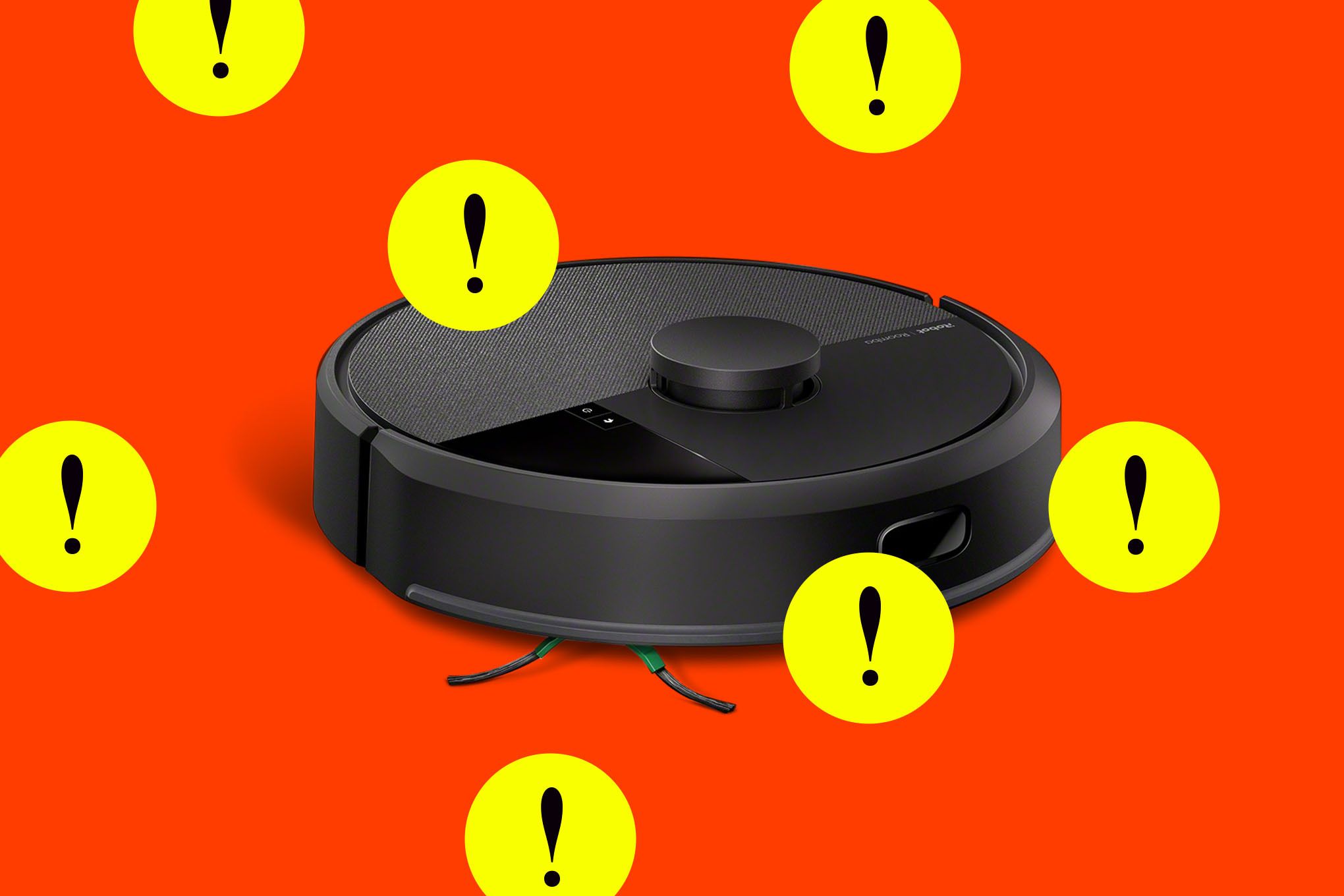The Roomba revolution might be ending with a whimper. iRobot just reported third-quarter revenue well below expectations and burned through so much cash it's down to under $25 million with no additional funding sources. CEO Gary Cohen's stark admission comes as the iconic robot vacuum maker faces potential bankruptcy after its failed Amazon acquisition left it drowning in debt and Chinese competitors.
The house that Roomba built is crumbling fast. iRobot just delivered a financial reality check that sent shockwaves through the robotics industry, with CEO Gary Cohen admitting the company has burned through its cash reserves and sits on the edge of bankruptcy. The third-quarter earnings report reads like a death certificate for what was once America's most recognizable home automation brand.
"Well below our internal expectations due to continuing market headwinds, ongoing production delays, and unforeseen shipping disruptions," Cohen told investors in last week's earnings release. Translation: the company that pioneered robot vacuums can't compete with the flood of cheaper, often superior Chinese alternatives that have flooded the market.
The numbers paint a grim picture. iRobot's cash position has evaporated to under $25 million, and Cohen delivered the kind of statement that makes bankruptcy lawyers reach for their phones: "At this time, the Company has no sources upon which it can draw for additional capital." For a company that once commanded premium prices and household recognition, it's a stunning fall from grace.
This crisis has been building since Amazon's $1.7 billion acquisition attempt collapsed under regulatory scrutiny in early 2024. What looked like iRobot's salvation turned into its near-death sentence. The failed deal left the company with massive debt, a demoralized workforce, and a founder-CEO Colin Angle who walked away from the wreckage. The aftermath was brutal: over 30% of staff laid off and substantial debt from loans taken to fund operations during the acquisition process.
The competitive landscape tells the real story of iRobot's decline. Companies like Roborock, Ecovacs, and Dreame have systematically dismantled Roomba's market dominance with better navigation, superior mapping, and aggressive pricing. iRobot's desperate response this year was a complete product overhaul, finally adding lidar navigation to compete with rivals who've had the technology for years. But the new Roomba lineup looks more like an admission of defeat than a comeback strategy.












